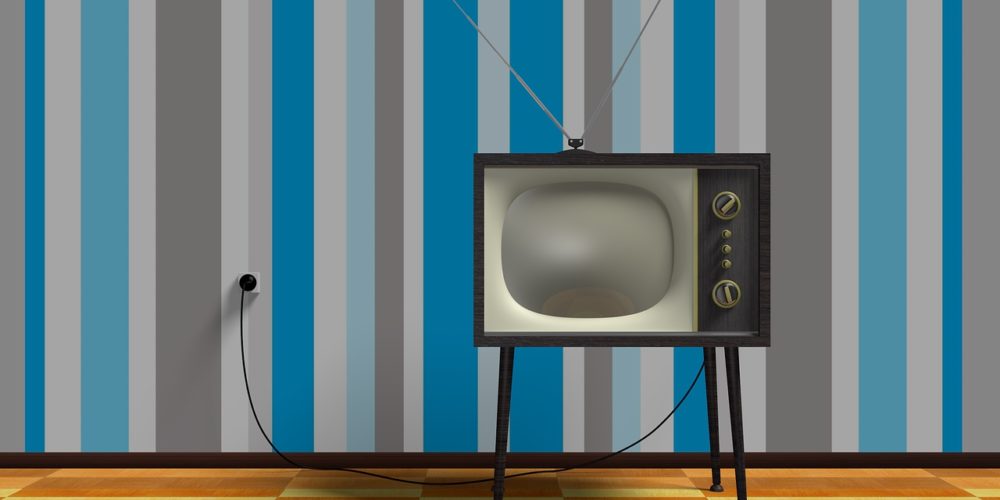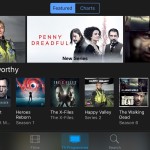Is your organization doing stuff the exact same way?

Image by Alexander Antropov from Pixabay
We are a major bank. We are holding our annual general meeting with shareholders. We need some good photos. What should we do? I know, why don’t we take one of the chairperson, CEO and a shareholder all pretending to point to something in the annual report? Excellent idea. *Flash*. We’re done!
We are a major newspaper. It’s the day of the annual government budget announcement. We need to summarise the budget for our front page tomorrow. What shall we do? I know, here’s a brilliant idea: why don’t we make a graphic with two columns, ‘Winners’ and ‘Losers’? Brilliant. Done!
We are a major hotel chain. We need to train all our staff members to chat with our guests in order to build relationships. But we need to keep the chatting simple and consistent. What should we do? I know, let’s train them all in three or four plain stock phrases. Easy. Let’s do it!
And so it continues. AGMs are always predictably straightjacketed affairs. Journalists will always begin every report on a fire with the sentence ‘Property worth millions of shillings was destroyed when…’; and will describe every successful scam-artist as a ‘flamboyant tycoon’ who lives in a ‘palatial’ home. Hotel staff will engage you in parroted banalities instead of real conversation.
Why do we do this?
The short answer: because it’s easy. The photographer will suggest that pose at the AGM because that’s what he’s always done at AGMs for the past two decades. The journalist will file that exact copy because it’s worked for years and years. The hotel trainers will settle on the easiest stuff to train their people to say because anything more ambitious is very difficult to get consistently right.
In every case, there is an inertia that says ‘if it ain’t broke, don’t fix it.’
If you’re a forward-thinking leader, you need to be very aware of this tendency to stick to what’s easy, what’s been done before, what involves few risks. It’s a natural human proclivity to stick with that which is comfortable and known to work. But it’s very, very dangerous in certain circumstances.
Banks, for example, face the biggest existential threat ever to their businesses. If you think they’ve taken a bit of a shellacking of late in terms of rate caps, bad loans and staff layoffs, you ain’t seen nothing yet. As savings, payments and investments get swallowed by easy-to-use mobile apps, bots and robo-advisors, difficult-to-use banks face oblivion unless they wise up. And if they can’t even freshen up the way they take AGM pics, then I fear for their ability to handle the bigger changes that are coming their way.
It’s the same for media groups. This is already one of the most-disrupted industries of our era. Everything has changed: who reports, who pays attention, who follows, who pays money. The entire business model is morphing before our eyes. So why would you be reporting things in exactly the same way as your fathers did for your readers’ grandparents? If you can’t change the words, how will you change the technology and the customer base?
In an era of rapid innovation, fortune only favours the brave, not the stick-in-the-muds. And yet true innovation is one of the hardest things to pull off, simply because no one in the world, by definition, is used to doing new things. If all people continued to do things as they have been done for decades, out of sheer inertia, who would have come up with M-Pesa? Who would have thought homes could be rented out for short stays, at scale, via a mobile app? Who would have imagined streamed entertainment would supplant the old linear TV schedule?
Yet people did all of those things. And let me tell you, they were not the same old people who can’t change their everyday poses or their phrases or their look and feel. Innovation starts with a mindset – you have to feel disturbed or neglected by the status quo. As I tell all my clients, the comfortable do not innovate. You have to feel some agitation first. The bored also do not innovate. You have to be irritated by the way things are done in order to change them.
The average person will always try to continue doing things in exactly the same way. The outstanding leader is needed to reject this and light the fire of change under everyone’s feet.
(Sunday Nation, 23 June 2019)
Sunny Bindra’s new book, The Bigger Deal, is now on sale.

Buy Sunny Bindra's new book
The X in CX
here »
Popular Posts
- Make this your year of being boringJanuary 4, 2026
- Can we please stop with the corporate jargon?January 11, 2026
- The man who passed by one markJanuary 18, 2026
- My books of the yearDecember 14, 2025
- Confessions of an explaining personDecember 7, 2025















